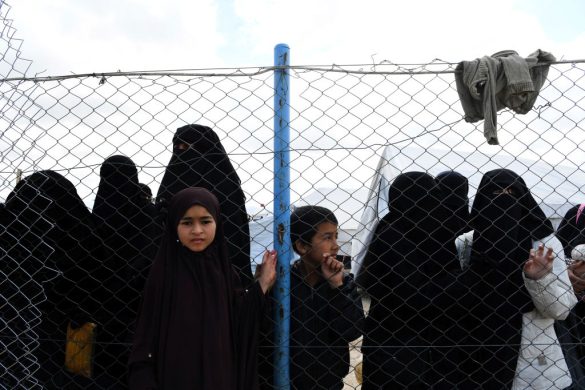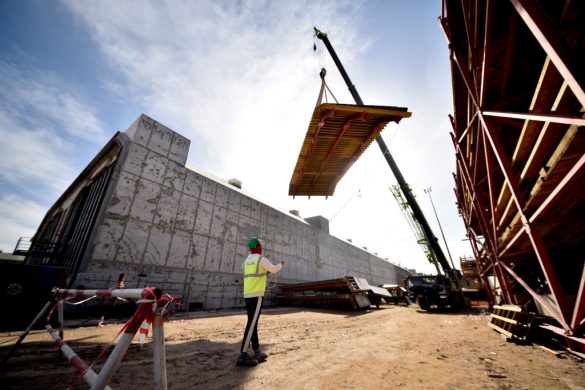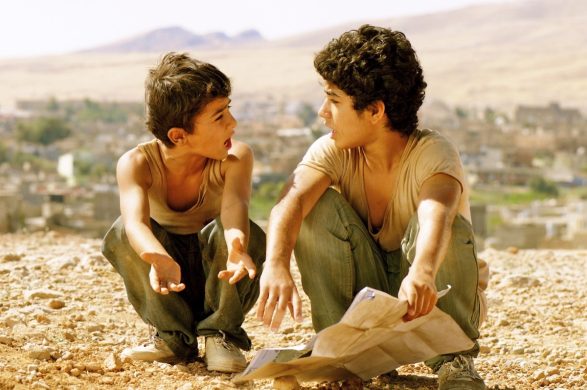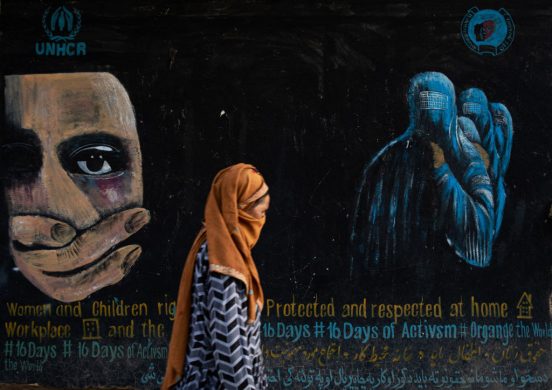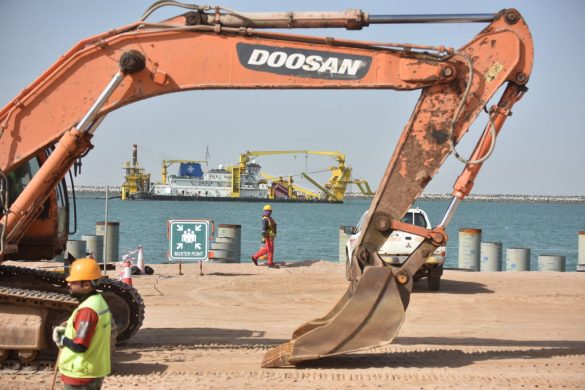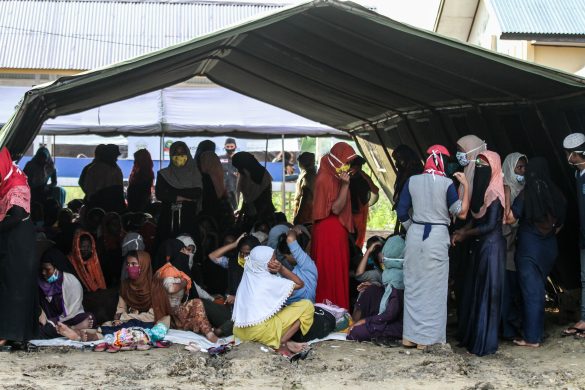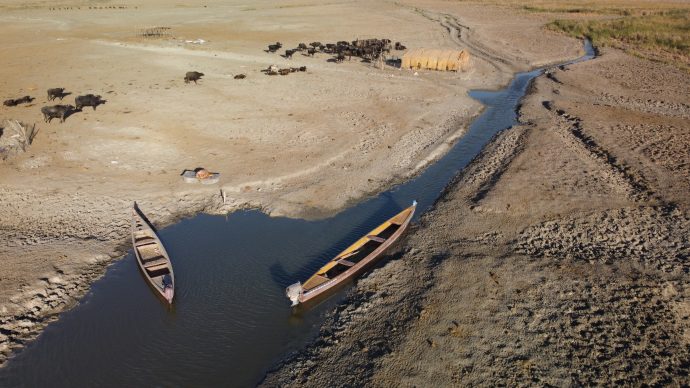ERBIL, 13 September 2015 (UNOCHA): The recent arrival of tens of thousands of refugees to Europe from across the region confirms the dire humanitarian conditions millions of Iraqis now face.
“Tens of thousands of Iraqis have fled the conflict for the safety of Europe and hundreds of thousands could follow unless much more is done to alleviate the suffering of the more than 8 million men, women and children in Iraq who need our help,” United Nations Humanitarian Coordinator for Iraq, Ms. Lise Grande, said.
More than 50,000 Iraqis, many the victims of the conflict with the Islamic State of Iraq and the Levant (ISIL), are believed to have departed over the past three months alone.
The situation is so desperate that many Iraqis displaced by the conflict feel they have no choice but to put their fate into the hands of smugglers to secure passage to Europe.
“How can we convince a family languishing in an IDP (internally displaced people, red.) camp without adequate food or healthcare and with their children out of school and no hope of returning home anytime soon that they still have a future?,” Ms. Grande asked.
Hurtige investeringer vil afhjælpe flygtningestrøm
A rapid investment to improve conditions in the camps and in the communities hosting displaced families would provide an effective alternative to what otherwise could become a much larger influx to Europe, Ms. Grande explained.
“This investment comes at a fraction of the cost needed to accommodate refugees in Europe,” Ms. Grande said.
“If we are able to provide basic assistance to Iraqi families, they will think twice about their options; if we can provide education for their children and the opportunity to earn a living, we will have created a viable alternative to the dangerous journey they are now contemplating.”
Flere end tre millioner internt fordrevne
According to the United Nations, over 8.6 million people across the country are in urgent need of humanitarian assistance, including 3.2 million IDPs spread across more than 3,000 locations.
With the conflict intensifying, partners estimate an additional 1.4 million people may need life-saving assistance before the end of 2015. Of the US$498 million requested under the Iraq Humanitarian Response Plan launched in June for the second half of 2015, just 34 per cent has been funded to date.
In July, humanitarian agencies were forced to close health activities in 184 of the 220 health facilities where they were working because of lack of funding.







